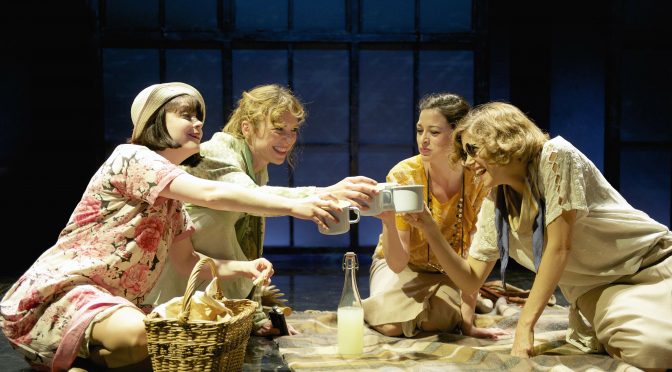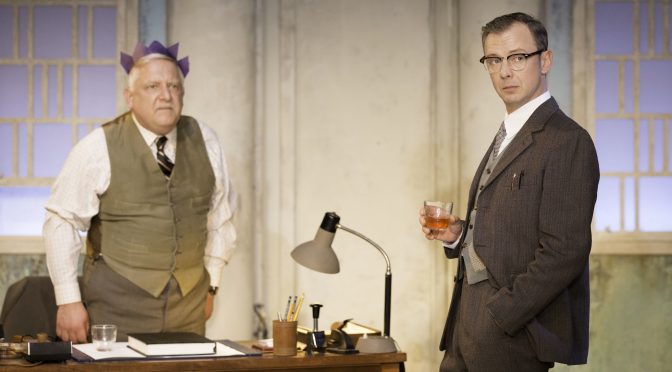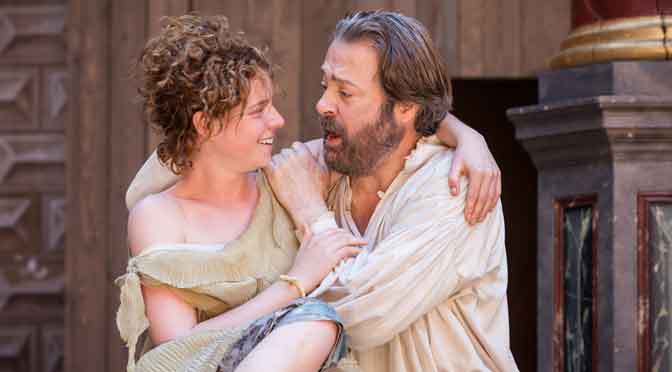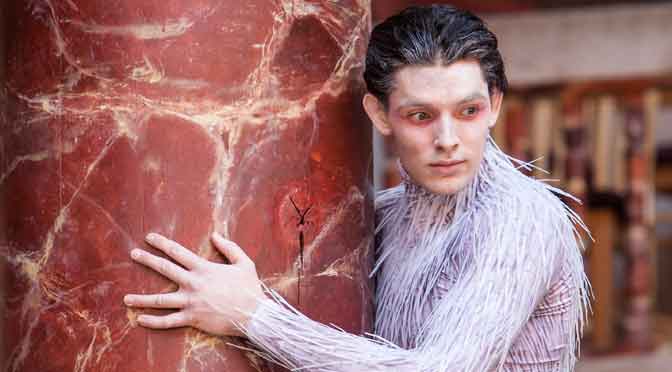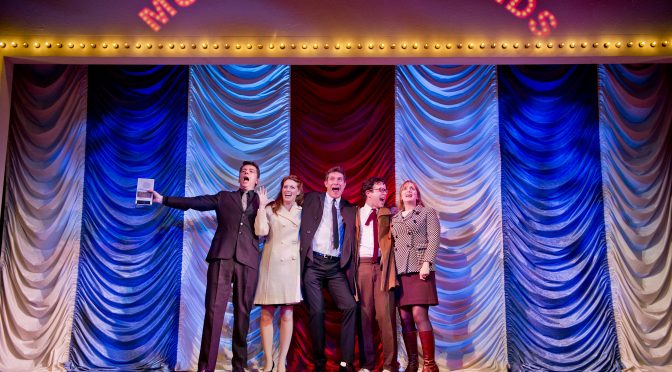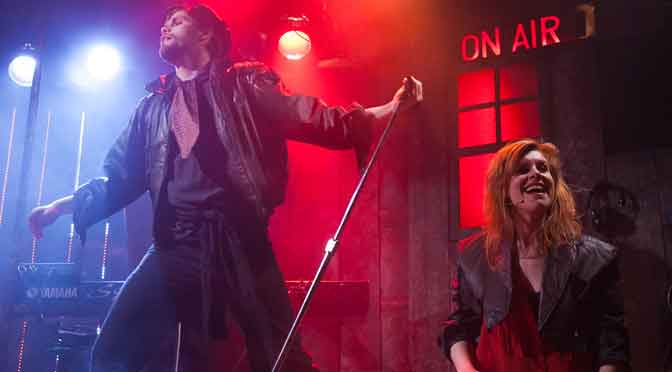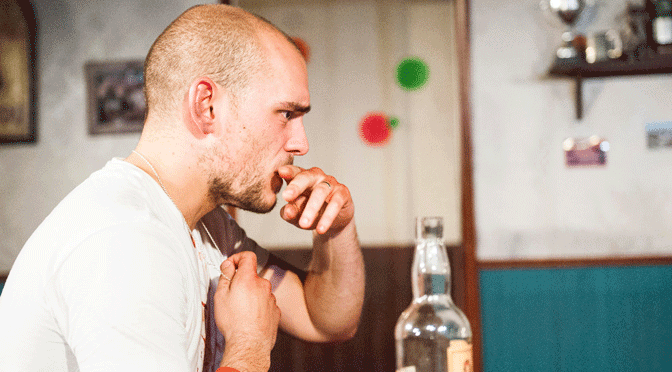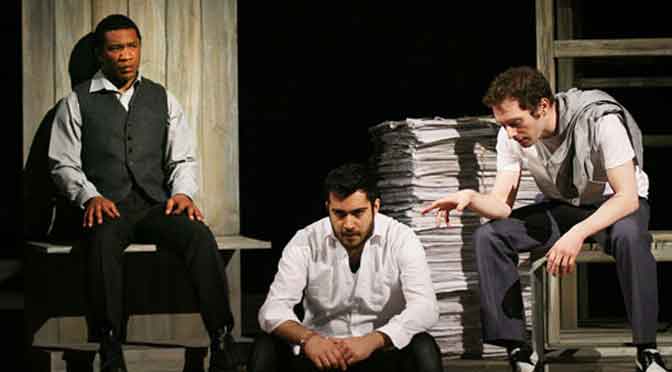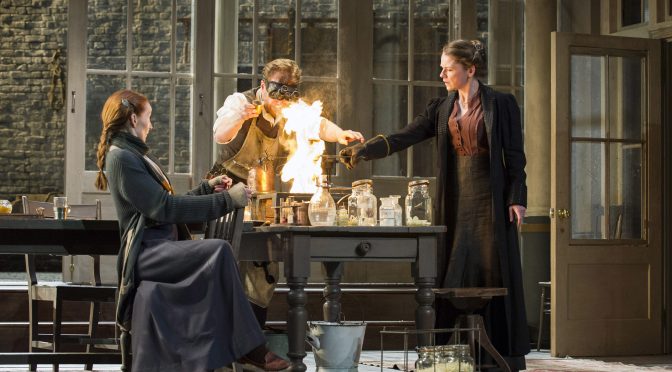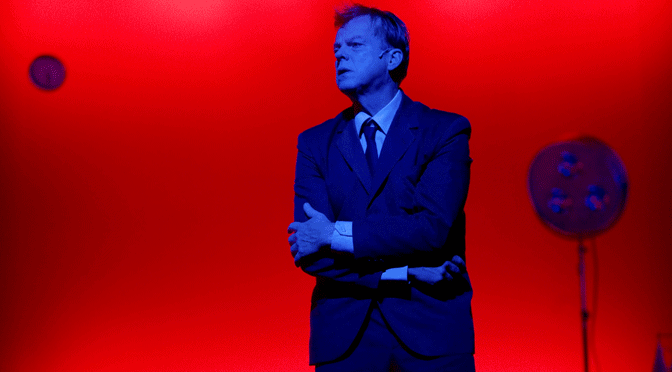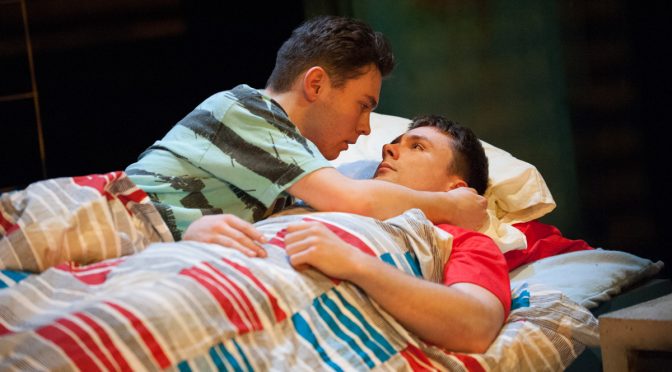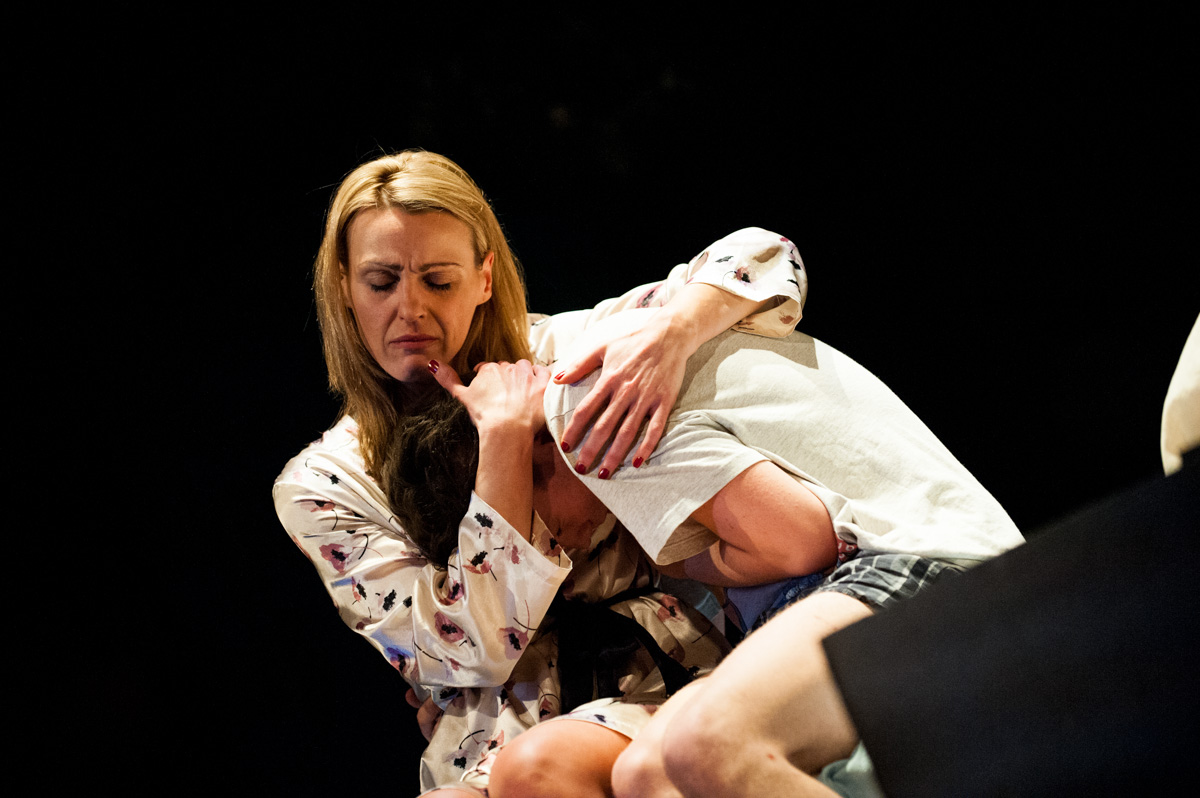London’s newest venue, the Park Theatre in Finsbury Park, opened its first show last night. Overseen by artistic director Jez Bond, this former disused office space (converted by David Hughes Architects and partly funded by the sale of residential apartments above the theatre) is an exciting addition to London’s burgeoning theatre scene. Two intimate spaces with pleasant foyers are just a stone’s throw from the Tube station – itself only 20 minutes from Knightsbridge. Bond’s inaugural season, combining new writing and classics produced in-house, and providing a venue for other talented companies, should guarantee it many visits.
The first production doesn’t quite match the ambition of the theatre itself, but These Shining Lives by American playwright Melanie Marnich is a competent piece. The story of women workers who apply the illuminating radium on to watch faces, slowly poisoned by what they thought was their dream job, is finely directed by Loveday Ingram and well acted. On the downside, the writing is a little laboured, speculation about the passage of time heavy handed and the politics a touch naive. Based on a true story, the focus on the friendship between the workers doesn’t have enough emotional force, despite a fine performance from Honeysuckle Weeks as a mouthy Mae-West character who embraces the emancipation provided by her wage packet.
The real power in the play comes from main role, performed by Charity Wakefield, whose character Catherine becomes the test case in court against the company. Wakefield has an appealing stage presence and convinces as an ordinary women whose bravery becomes inspirational. Marnich rejects the current Gatsby-fixated view of the 20s in favour of representing the decade for regular people. Her sweet Charity’s relationship with her husband, played brilliantly by Alec Newman, is a moving romance with clever modern touches that show further deftness on Marnich’s part. In the couple’s scenes, These Shining Lives becomes a beautiful love story that illuminates and moves. A promising start for the new Park Theatre.
Until 9 June 2013
Photo by Anabel Vere
Written 16 May 2013 for The London Magazine

